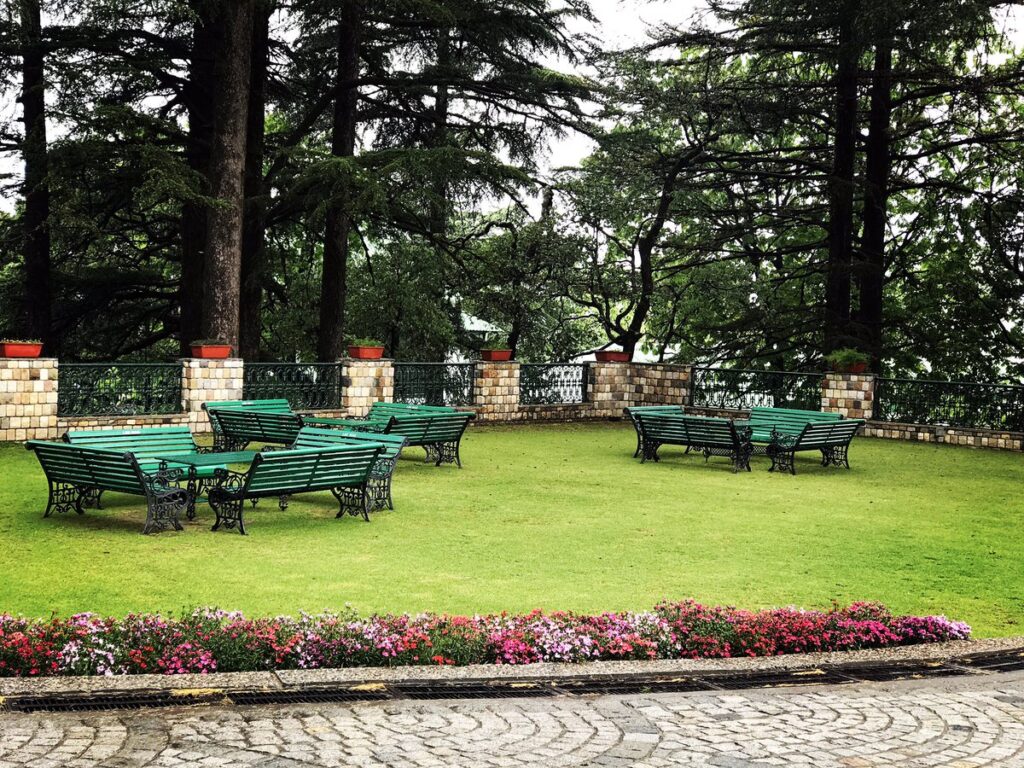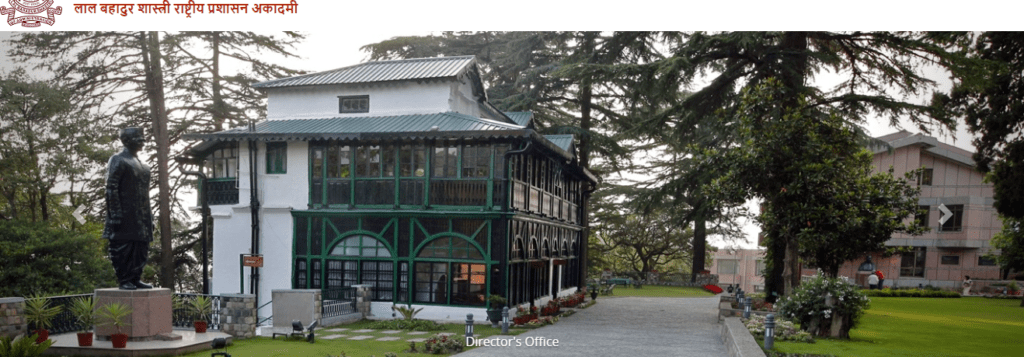HISTORICAL PERSPECTIVE
- Civil Servants for the East India Company used to be nominated by the Directors of the Company and thereafter trained at Haileybury College in London and then sent to India.
- Following Lord Macaulay’s Report of the Select Committee of British Parliament, the concept of a merit based modern Civil Service in India was introduced in 1854.
- The Report recommended that patronage based system of East India Company should be replaced by a permanent Civil Service based on a merit based system with entry through competitive examinations.
- For this purpose, a Civil Service Commission was setup in 1854 in London and competitive examinations were started in 1855.
- Initially, the examinations for Indian Civil Service were conducted only in London. Maximum age was 23 years and minimum age was 18 years.
- The syllabus was designed such that European Classics had a predominant share of marks.
- All this made it difficult for Indian candidates.
- Nevertheless, in 1864, the first Indian, Shri Satyendranath Tagore brother of Shri Rabindaranath Tagore succeeded.
- Throughout the next 50 years, Indians petitioned for simultaneous examinations to be held in India without success because the British Government did not want many Indians to succeed and enter the ICS.
- It was only after the First World War and the Montagu Chelmsford reforms that this was agreed to.
- From 1922 onwards the Indian Civil Service Examination began to be held in India also, first in Allahabad and later in Delhi with the setting up of the Federal Public Service Commission.
- The Examination in London continued to be conducted by the Civil Service Commission.
ABOUT CIVIL SERVICES
The Civil Services Examination is a national competitive examination in India conducted by the Union Public Service Commission for recruitment to higher Civil Services of the Government of India, including the Indian Administrative Service, Indian Foreign Service, and Indian Police Service.
Lal Bahadur Shastri National Academy of Administration is a civil service training institute on public policy and public administration in India. The academy’s main purpose is to train civil servants of the IAS cadre and also conduct the Foundation Course of Group-A Central Civil Services.



